Question Number 20551 by Tinkutara last updated on 28/Aug/17
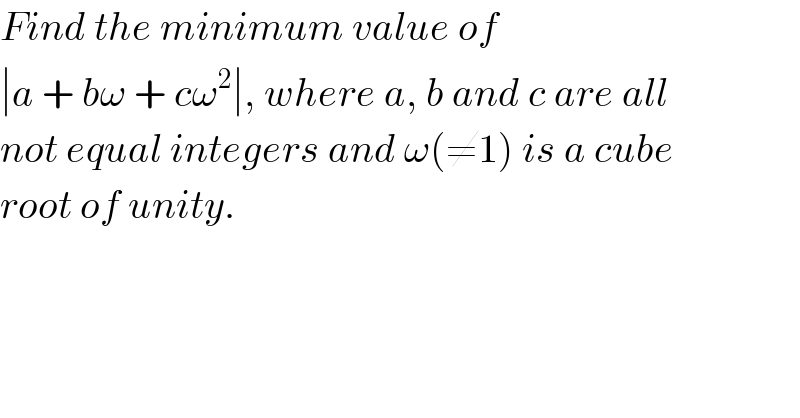
Commented by ajfour last updated on 28/Aug/17
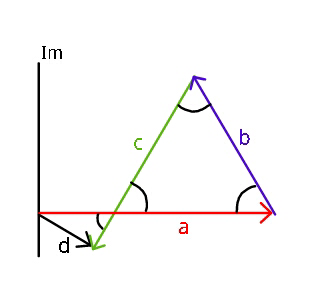
Commented by ajfour last updated on 28/Aug/17
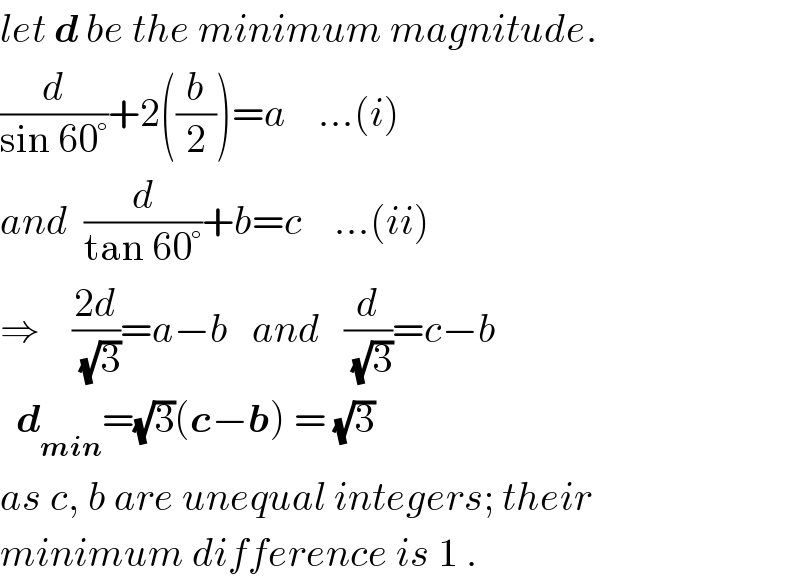
Commented by Tinkutara last updated on 28/Aug/17

Commented by Tinkutara last updated on 28/Aug/17
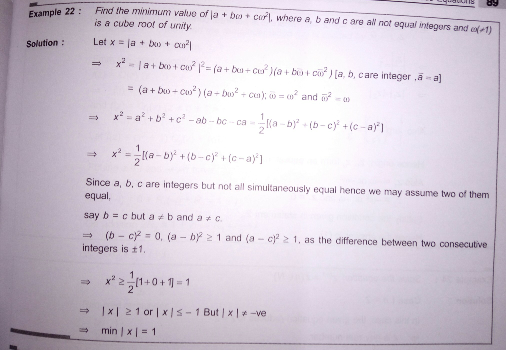
Commented by dioph last updated on 28/Aug/17

Commented by Tinkutara last updated on 28/Aug/17

Commented by ajfour last updated on 28/Aug/17

Commented by Tinkutara last updated on 28/Aug/17

Answered by dioph last updated on 28/Aug/17
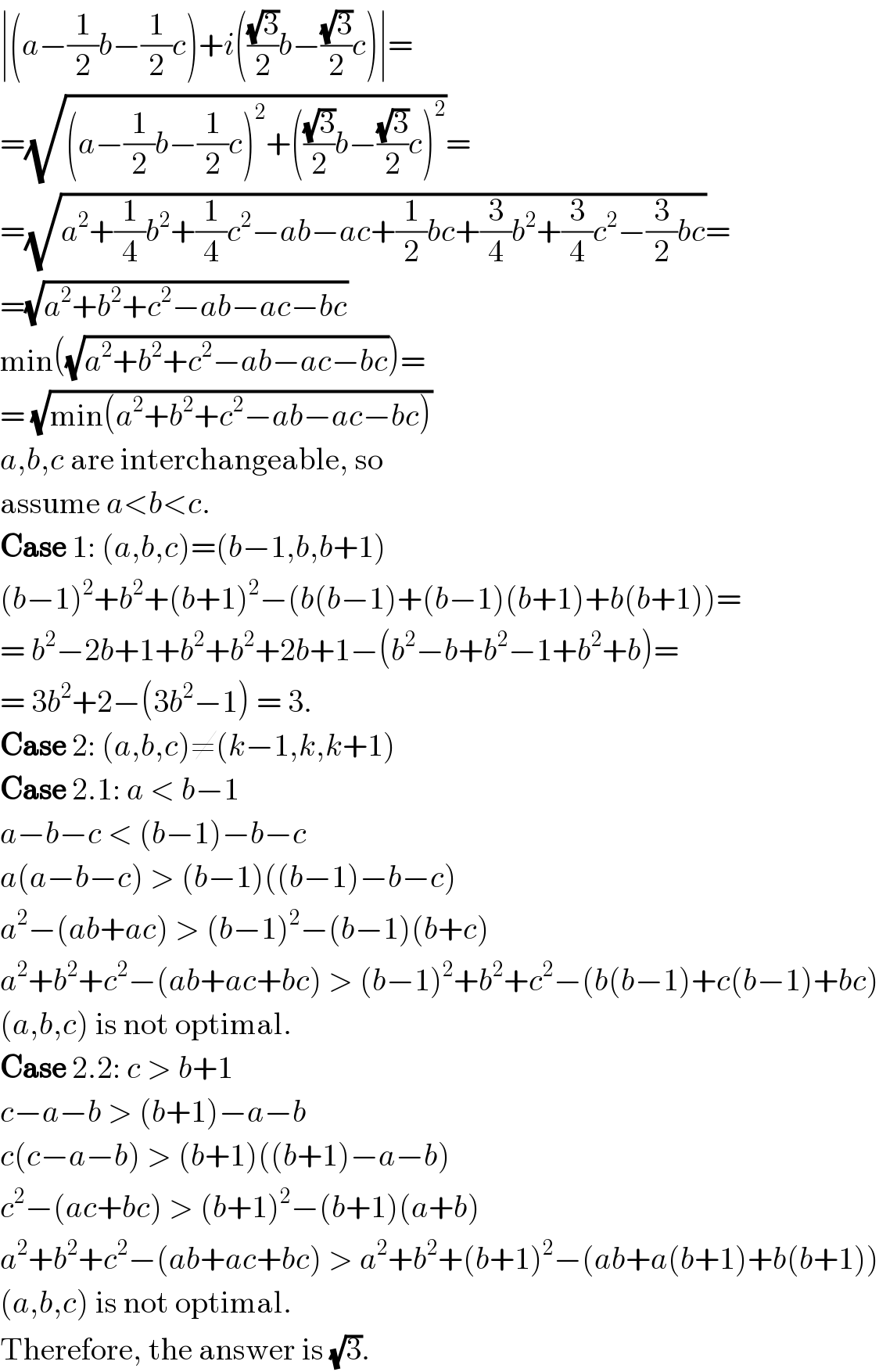
Commented by Tinkutara last updated on 28/Aug/17

